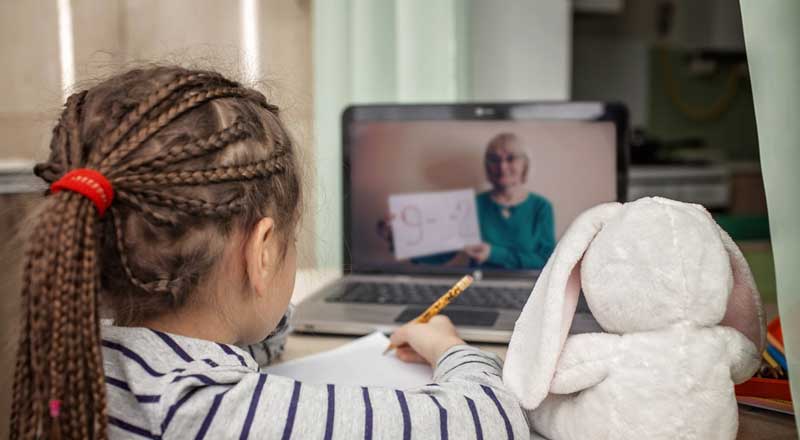Self-Esteem Activities for Children
KidsHealth defines self-esteem as how you value yourself, how important you think you are, and how you feel about your achievements. Any activity designed to build kids’ self-esteem should keep that definition in mind. Children should feel better about themselves as the result of participating in the activity. For many kids, that will mean more benefits from activities that are cooperative rather than competitive.
Participants
Groups of kids often participate together in self-esteem activities, but there are also valuable activities for pairs of kids or individuals. In cooperative group activities, such as playing in band or cleaning up a neighborhood park, each child can experience how her role contributes to the end result. Humanity Quest suggests working in pairs for activities like videotaped interviews as a self-esteem building activity. KidsHealth suggests kids engage in such individual activities as making a list of things they are good at or giving themselves three compliments every day.
Types
The best self-esteem building activities vary from child-to-child. The Missouri Extension Center suggests that centering the activity around a child’s interests is the key. They suggest such after-school activities as sports if the child is athletic or scouts if he likes outdoor activities. Being part of a group helps build self-esteem. Children who are artistic or like to write can paint a mural or put out a magazine with a small group of friends. Musically inclined kids can take up an instrument and build self-esteem by performing in a piano recital or with the school band.
Providers
Parents are the first teachers of self-esteem. It is up to them to lay the groundwork so that a child sees his importance in the family and in the world. FamilyEducation suggests providing kids with “A Bill of Rights” such as the one on its website, as a discussion starter. Teachers boost students’ self-esteem when they design activities that allow students to show off strengths and minimize weaknesses. For example, not every student can win a spelling bee; some students might prefer to learn their spelling by acting as scorekeepers. Conversely, a teacher could ask an academically strong student who is not athletic to teach the class rules for a new game.
Time Frame
Kids of all ages can benefit from self-esteem building activities. Toddlers can help measure and stir ingredients and receive praise for helping to make a batch of cookies. Young children build self-esteem by taking care of their pets. The Self Esteem 2 Go website says that teenagers engaging in volunteer activities build self-esteem, particularly those who might not be ready for part-time work. These kids benefit from the ready gratitude and sometimes lower expectation than those required in a paying job.
Significance
According to Keep Kids Healthy, kids with high self-esteem usually believe in their ability to take on new tasks successfully. Giving them an opportunity to participate in specially designed self-esteem building activities can pay off in kids willingness to try new things. Boosting children’s self-esteem changes their perception of others as well as themselves, allowing them to approach new friends with a sense of confidence rather than worrying excessively about what others will think of them.




